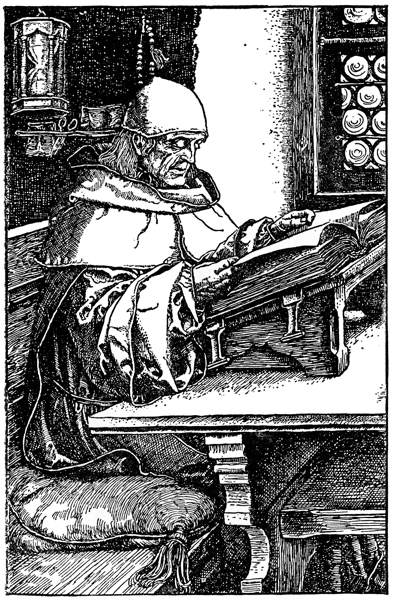Principles and Publishing Ethics
Editorial principles
All our journals are peer reviewed single-anonymous, under the guidance of our independent editorial boards. MSP and our editors champion freedom of expression and aim to maintain the integrity of the academic record. Our highly qualified editorial boards aim to ensure the accuracy, completeness and originality of every published article, and strive for a fair and efficient decision process. Our editors are ultimately accountable for all publication decisions in their journals, and aim to constantly improve them.
MSP fosters editorial independence. Business needs and commercial considerations are never allowed to compromise intellectual and ethical standards.
Impartiality
The purpose of our publications is the advancement of science. The decision to accept or reject a submission is based only on the editors’ evaluation of an article’s importance, originality and clarity, with the help of peer-review reports, and without regard to authors’ nationality, country of residence, institutional affiliation, gender, ethnic origin, religion, or political views.
Errors
Errors and inaccurate or misleading statements are corrected promptly and with due prominence. MSP reserves the right to rescind acceptances and retract published papers in exceptional cases, including but not limited to plagiarism and other unethical behavior. Retractions will be clearly indicated at the same location where the paper was electronically published, or an equivalent one.
Plagiarism
We condemn plagiarism, and believe that authors are entitled to receive credit for their own intellectual creation.
The journal editors and MSP will take decisive action in cases of plagiarism. Clear-cut cases of plagiarized content will lead to prompt rejection; if the paper has been published it will be retracted and replaced online by a notice of retraction. Further actions may follow, including contacting the author's institution, as in the guidance of COPE.
Copying material that is not crucial to the content or conclusions of a paper, such as parts of the introduction, also constitutes plagiarism and will prevent a paper from being published as submitted. The paper may be rejected, or, at the discretion of the editor, the author may be required to rewrite, remove, or quote with attribution any copied material.
Extensive copying from one’s own works is similarly discouraged, except to the extent necessary to help the reader. Publishing the same material in multiple venues is not good for the academic community.
Other issues
For all other issues, we will consult the guidance of COPE.
